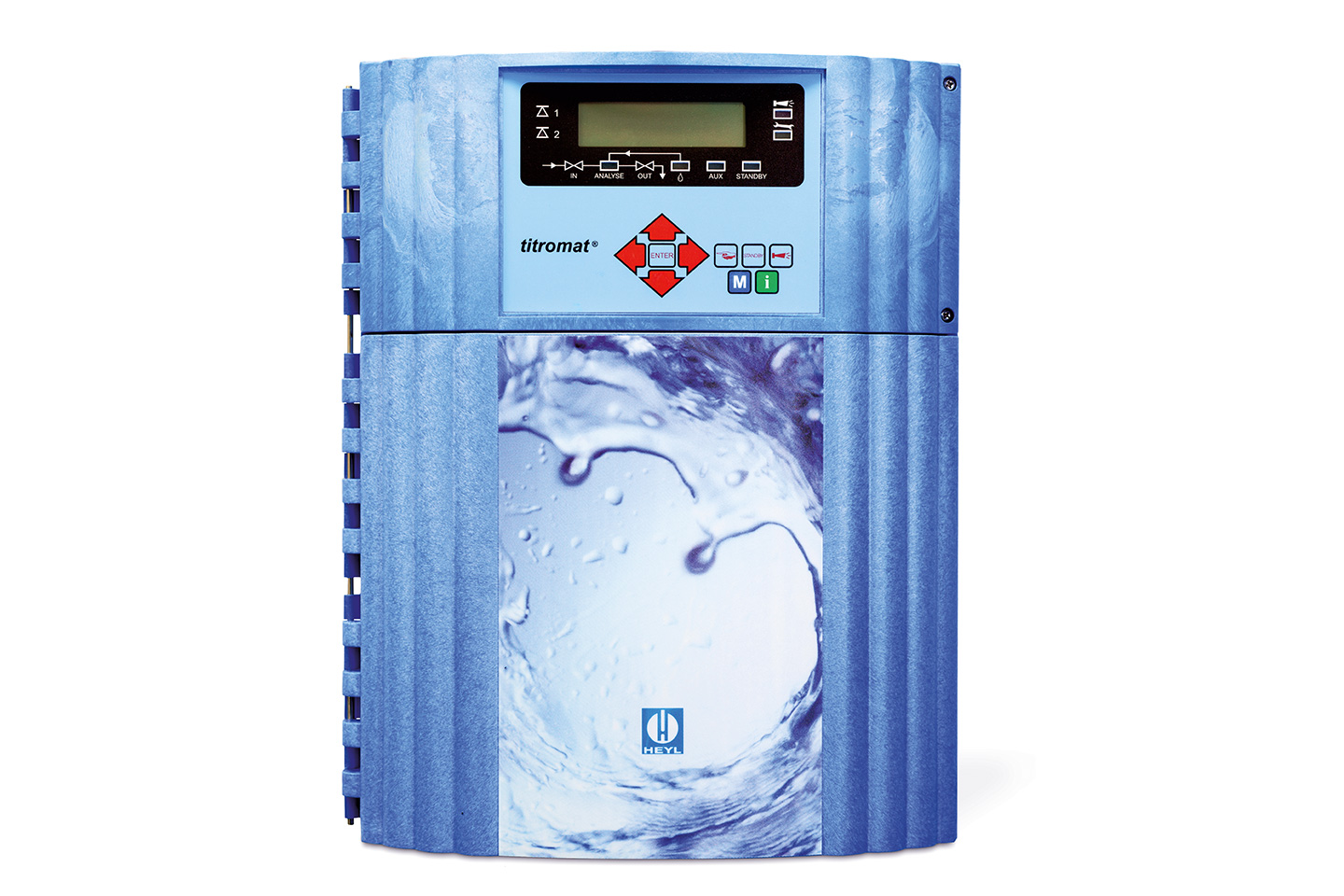Carbonate hardness
Carbonate hardness is measured in two units. °KH (carbonate hardness) and °dH (degree of German hardness) and although they have different units, °KH and °dH are closely related.
The difference between the two units lies in their origin and the different aspects of their chemical composition.
Degree of German hardness - °dH: This unit comes from chemistry and refers to the hardness of water in relation to calcium and magnesium salts. One degree of German hardness corresponds to 10 mg of calcium oxide (CaO) per litre of water. Carbonate hardness is often measured in °dH as it is closely linked to the general water hardness.
Carbonate hardness - °KH: This unit refers specifically to the concentration of carbonate and hydrogen carbonate ions in the water. One degree of carbonate hardness (°KH) corresponds to 17.86 mg/l of calcium carbonate (CaCO3) in the water. The carbonate hardness is particularly important for stabilising the pH value in the water
Filter products




